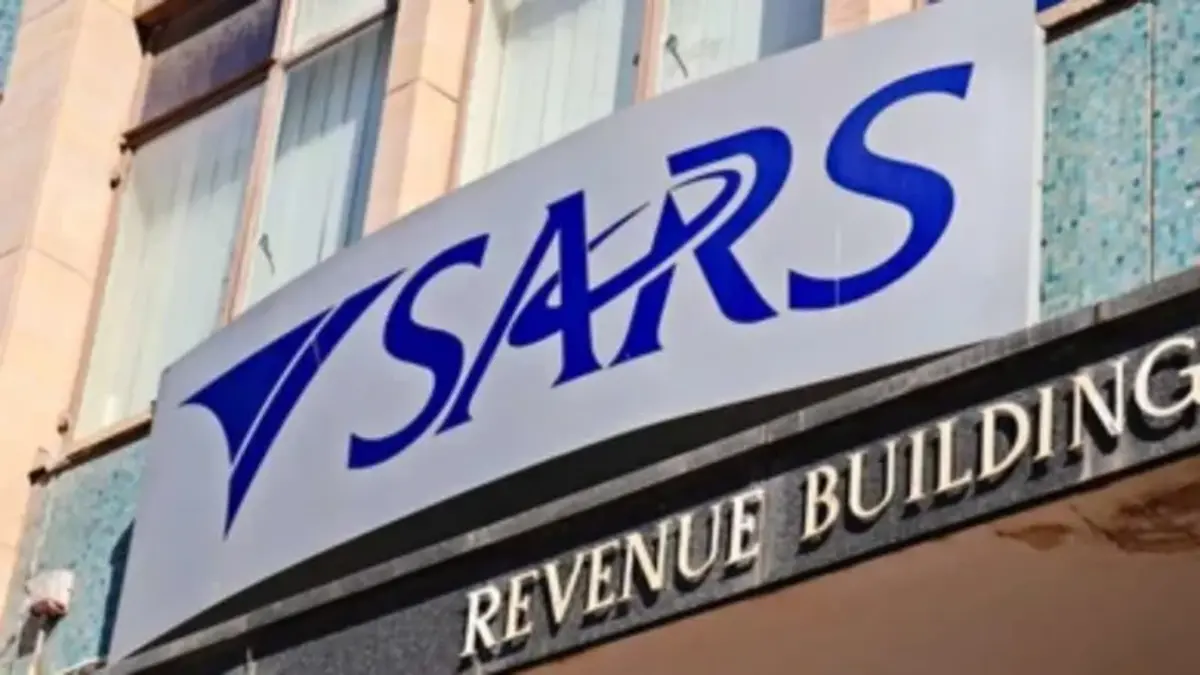
SARS tightens PAYE enforcement – here’s what it means for you
SARS boosts PAYE enforcement by hiring 500 new staff to recover billions. Employers warned to correct payrolls or risk severe penalties.

The South African Revenue Service (SARS) has intensified its focus on PAYE compliance, urging employers nationwide to ensure their submissions are accurate and up to date, or face serious consequences.
As the country confronts ongoing financial pressures, SARS is sharpening its revenue collection efforts, making PAYE a top priority for enforcement and recovery.
SARS is hiring 500 new staff members to help with its campaign. They plan to add a total of 2,000 people. Their goal is to raise R70 billion in extra revenue over the next three years. Most of this money is expected to come from addressing unpaid PAYE taxes.
SARS PAYE compliance crackdown: The issue of accountability
Business Tech reports that employer responsibility has become a critical issue, with SARS making it clear that it will not tolerate any delays or errors in PAYE submissions. Companies that fail to comply risk penalties, audits, and possible legal action.
Finance Minister Enoch Godongwana has warned that the government will reduce spending if SARS falls short of its revenue targets. This has made PAYE collections a key priority to help prevent budget cuts.
SARS Commissioner Edward Kieswetter has emphasised that this effort is not just about collecting revenue; it’s also about rebuilding trust and improving the tax agency’s systems. By focusing on SARS PAYE, they want to enhance transparency, accountability, and long-term financial stability.
What does this mean for employers?
SARS is serious about collecting PAYE, and this is not just a short-term effort. Employers must urgently check their payroll systems and make any needed corrections to stay compliant. SARS now has the resources and systems to enforce these rules effectively.
